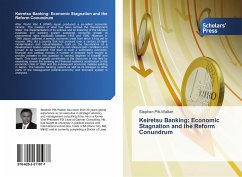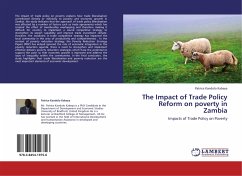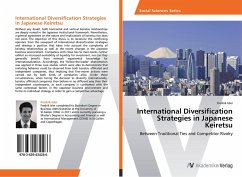After World War II (WWII) Japan produced a so-called ¿economic miracle¿. The creation of what has been termed the ¿Development State¿, the implementation of its policies and its fostering of the keiretsu business and banking system sustained economic growth at phenomenal rates especially between 1955 and 1990. However, in 1990 Japan suffered a serious economic crisis from which it has yet to recover. Why did a country that had pursued over a century of rapid modernisation and industrialisation, built on the foundations of a development model customised for its own idiosyncratic conditions and proven to be successful, find itself in such a suffocating economic, financial and political morass. A number of analysts have sought to provide answers to this question in varying degrees of breadth and depth. This book originally contributes to the discourse in this field by examining closely the banking and financial system¿s contribution to the economic crisis of 1990 and the subsequent economic malaise existing in Japan. The keiretsu banking system as well as its linkages to other parts of the beleaguered political-economy and business system is analysed.
Hinweis: Dieser Artikel kann nur an eine deutsche Lieferadresse ausgeliefert werden.
Hinweis: Dieser Artikel kann nur an eine deutsche Lieferadresse ausgeliefert werden.








